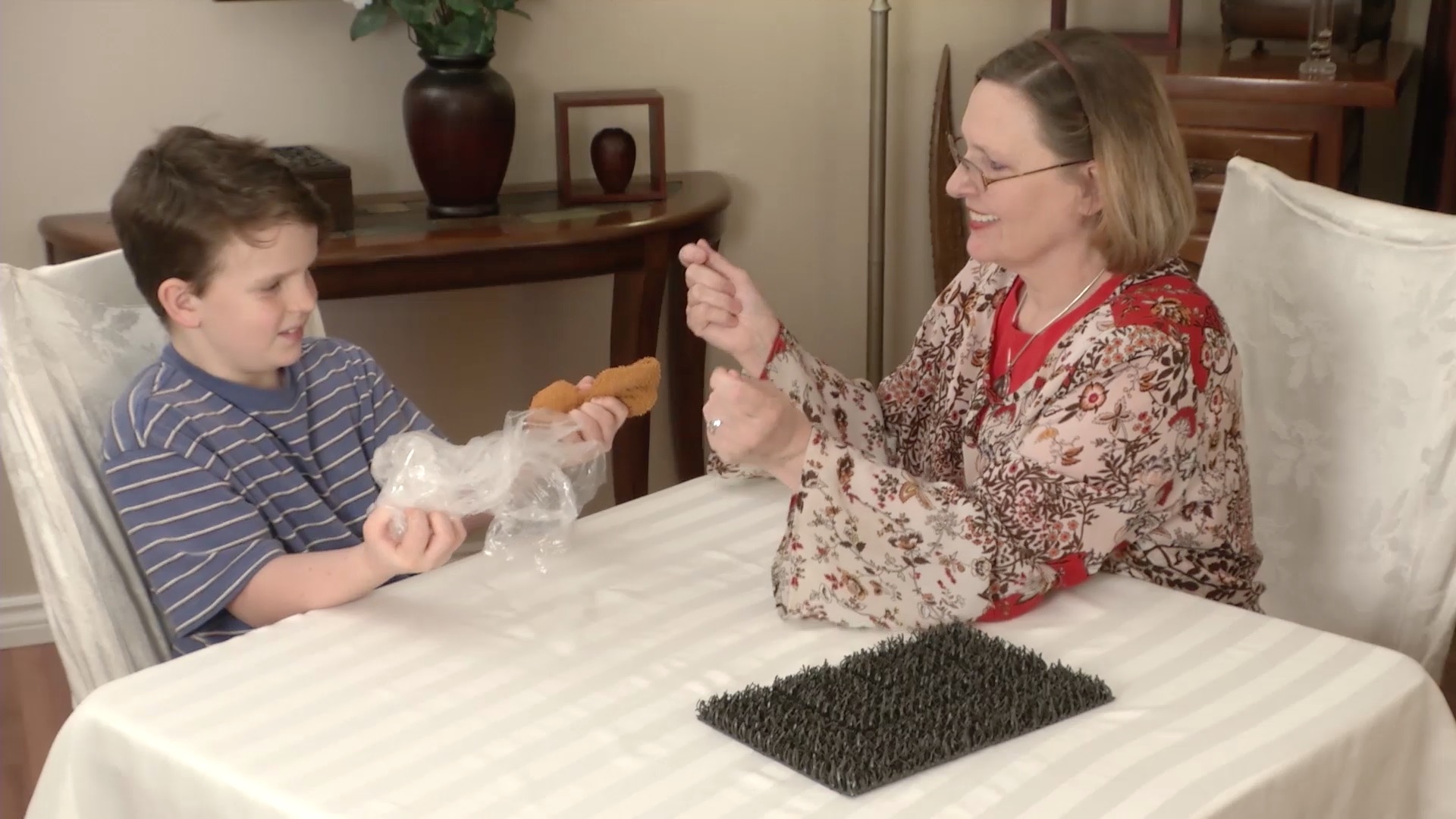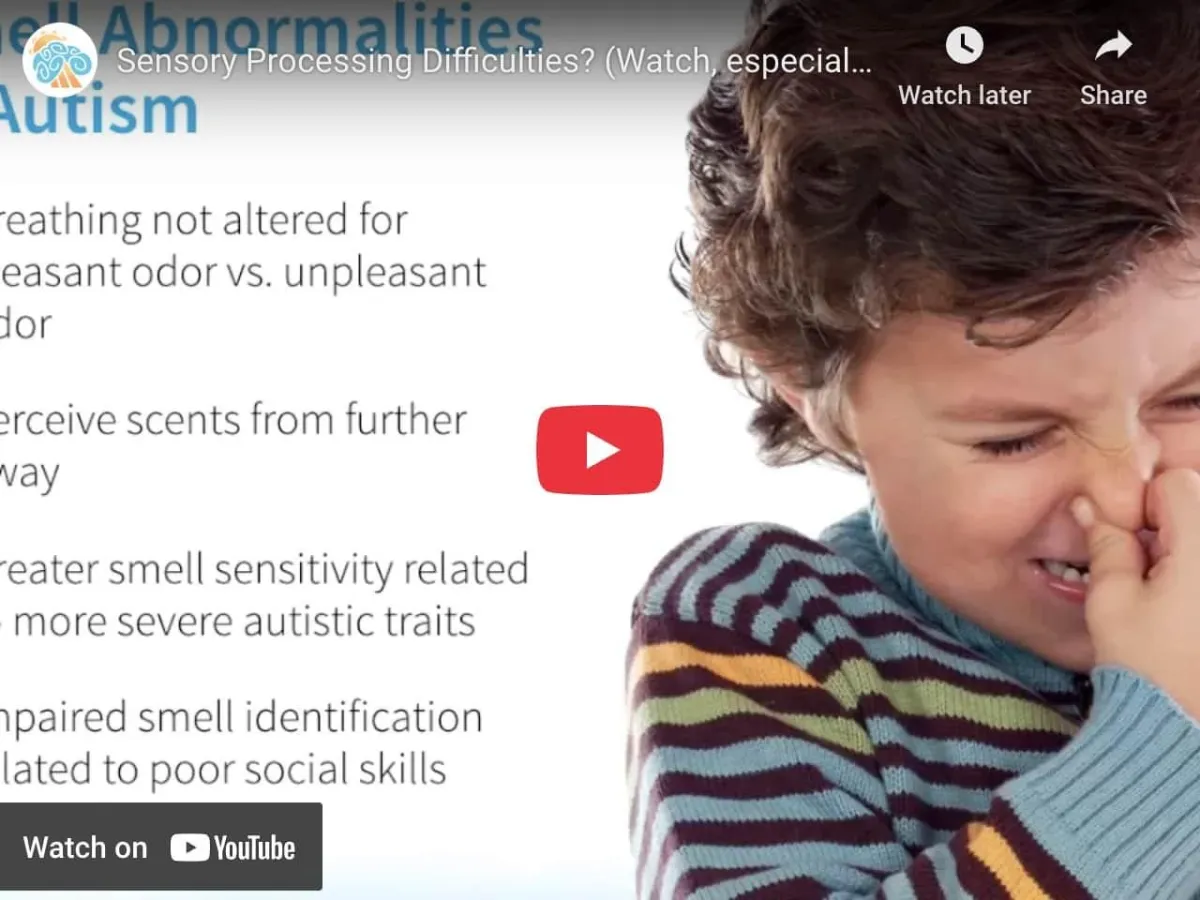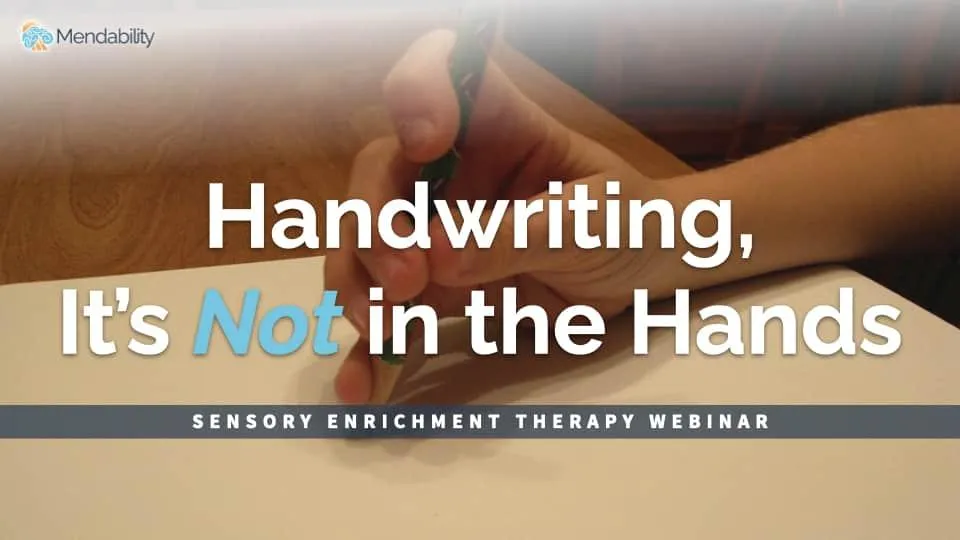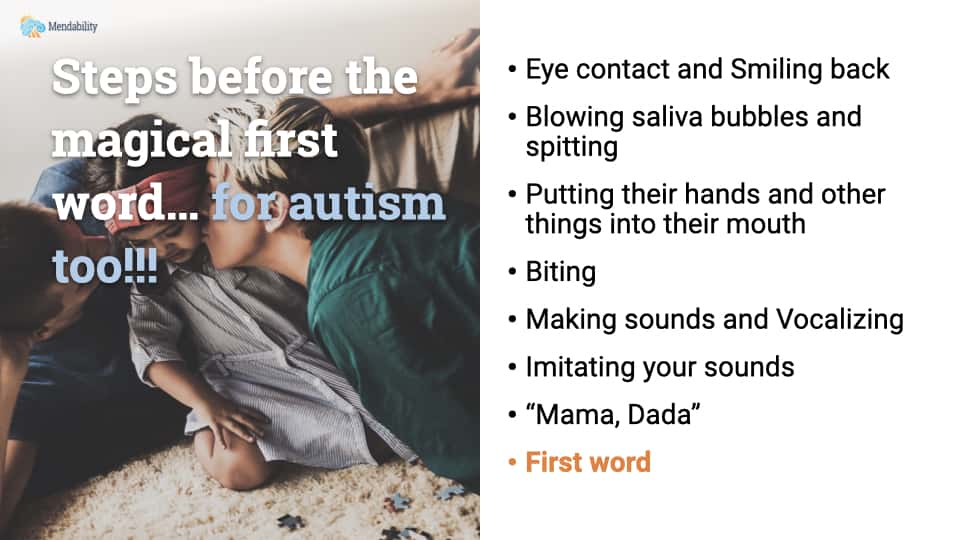
Podcast: The Happy Sensory Corner of Special Ed.
Welcome to ‘The Happy Sensory Corner in Special Ed’ – the podcast where we explore the world of sensory enrichment and environmental enrichment in special education.
We interview experienced special education directors to learn from their successes (and from some of their failures too!) in solving the challenges of teaching students with special needs.
In each episode, we also share practical strategies, sensory enrichment protocols, and evidence-based practices that address specific areas, such as behavior regulation, self-awareness, social skills, learning abstract concepts, hyperactivity, etc.
Reducing Restraints
This is the topic for this quarter: If you have ideas, stories, or this is a big problem in your district we would like to interview you.
See available times for recording an episode
If you want to save yourself for other topics next quarter, we will be exploring developing social skills from the inside out.
Available on


The Happy Sensory Corner in Special Ed
Welcome to ‘The Happy Sensory Corner in Special Ed’ – the podcast where we explore the world of sensory enrichment and environmental enrichment in special education.
Through insightful discussions, interviews with experienced special education directors, and inspiring stories of resilience, we uncover the secrets to success in special education. Discover practical strategies, sensory enrichment protocols, and evidence-based practices that can transform the lives of special education students and educators.
Some of the most popular protocols and strategies from the podcast
Letter on the Back
Protocol for attention span, mental visualization, tactile processing, crucial for learning abstract concepts like math.
Check out Charles Bertram’s episode or book a call.
We would be happy to teach it to you.
Mendability Game – Letter in the Bag – Letter on the Back
Mendability Game – Letter in the Bag – Letter on the Back
Mr. Pokey
Game for Self-awareness and Visualization.
Aids in understanding and retention of abstract concepts like mathematics and language.
Check out Shelley Halverson’s episode or book a call.
We would be happy to teach it to you.
Mendability Game – Mr Pokey
Mendability Game – Mr Pokey
Art and Stickers
Game for calm, self-control and speech development.
Check out Lorren Lucas’s episode or book a call.
We would be happy to teach it to you.
Gentle Claw
10 seconds for calm and attention and induce an elevated state of neuroplasticity.
Check out Anthony Caporaso’s episode or book a call.
We would be happy to teach it to you.
Art – Copy with Colored Paper
Reproducing art as a pretext to boost dopamine and Serotonin and for more joy in learning.
Check out Justin Bradford’s episode or book a call.
We would be happy to teach it to you.
Art – Copy with Colored Paper
Squeeze 2 different objects
Bridging the 2 sides of the brain for faster cognitive processing.
Check out Heather O’Connor’s episode or book a call.
We would be happy to teach it to you.
Hold & Squeeze – Weight + Texture
Board Walk, Holding a Spoon
Game to help with hyperactivity.
Check out Fran English’s episode or book a call.
We would be happy to teach it to you.
Mendability Game – Board Walk, Holding a Spoon



